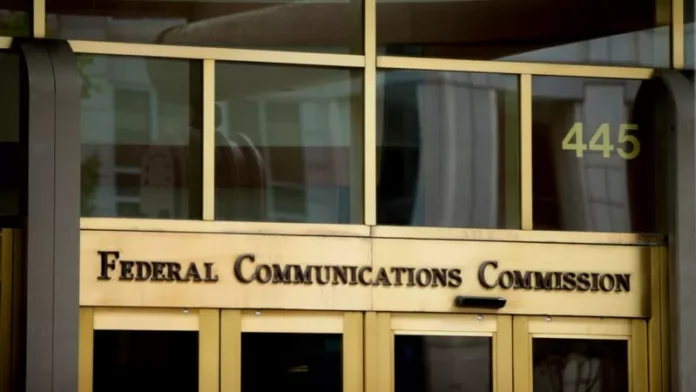President Donald Trump has recently signed an executive order that has sparked controversy and raised concerns among legal experts. The order, titled “Ensuring Accountability for All Agencies”, aims to expand the White House’s authority over independent regulatory agencies, including the U.S. Federal Communications Commission (FCC).
Under this order, independent agencies would be required to submit proposed regulations to the White House for review. They would also have to consult with the White House on their policies, priorities, and strategic plans. The order states that these agencies currently exercise executive authority without sufficient accountability to the President and the American people.
This move is seen as a part of President Trump’s efforts to consolidate power within the executive branch. In recent months, he has removed more than a dozen inspectors general who provided oversight at various government agencies. The FCC, along with other agencies such as the Federal Trade Commission and the Securities and Exchange Commission, would be directly affected by this order.
While the FCC does not directly regulate major news networks, it does have the authority to evaluate the actions of broadcasting stations around the U.S. that hold FCC licenses to use public airwaves. This order would mark a significant change for the FCC, according to former FCC chairs.
Tom Wheeler, who served as FCC chairman under former President Barack Obama, stated that it would make the agency “like an agency in the executive branch”. Reed Hundt, who served as FCC chairman under former President Bill Clinton, also agreed that this order would be a departure from the agency’s nearly 100-year history.
For decades, the governmental idea has been that the president should not be regulating the media, according to Hundt. Harold Furchtgott-Roth, a Republican who served as an FCC commissioner under Clinton, believes that the order would have a major effect on rulemaking at the FCC, but other areas like enforcement may not be affected.
Democratic FCC Commissioner Anna Gomez expressed her concerns about the order, stating that their informed decision-making is meant to be consistent with their technical expertise, not subject to political pressure. She also added that Congress already provides oversight over the FCC and that efforts to expand executive influence on the agency would only diminish its standing as a stable, independent, and expert-driven regulatory body. Gomez has served as a commissioner since 2023.
The Trump-appointed FCC Chairman Brendan Carr, as well as Commissioners Geoffrey Starks and Nathan Simington, did not immediately respond to VOA’s request for comment on the order. Carr and Simington are Republicans, while Starks is a Democrat.
Kim Zarkin, a professor of communication at Westminster University in Utah who has researched the FCC for three decades, believes that it is crucial for the FCC and other independent agencies to remain as nonpolitical as possible. Despite being nominated by the president, there has always been an expectation that these agencies would be nonpolitical and bring in expertise.
Zarkin, who has written two books on the FCC, also stated that only time will tell whether this order will have any material impact on how the FCC and other agencies operate. However, this executive order comes at a time when there are concerns that the FCC is being used to intimidate broadcasters through investigations, according to Democratic FCC commissioners and media law experts.
Currently, the FCC is investigating several broadcasters, including NPR, PBS, CBS, and NBC. The investigations range from whether NPR and PBS member stations violated FCC rules on airing commercial ads to whether CBS doctored an interview with former Vice President Kamala Harris. This interview is also at the center of a $10 billion lawsuit from President Trump, which CBS has denied any wrongdoing.
The NBC investigation is focused on the company’s diversity, equity, and inclusion practices. Democratic FCC commissioners and media law experts have expressed concern about these investigations, stating that they are being used as a means of intimidation.
In conclusion, President Trump’s executive order has raised concerns and sparked debate among legal experts. The order, which aims to expand the White House’s authority over independent regulatory agencies, has been met with resistance from former FCC chairs and current commissioners. It remains to be seen how this order will impact the operations of the FCC and other agencies, but it is clear that it has caused unease among those who value the independence and expertise of these agencies.

